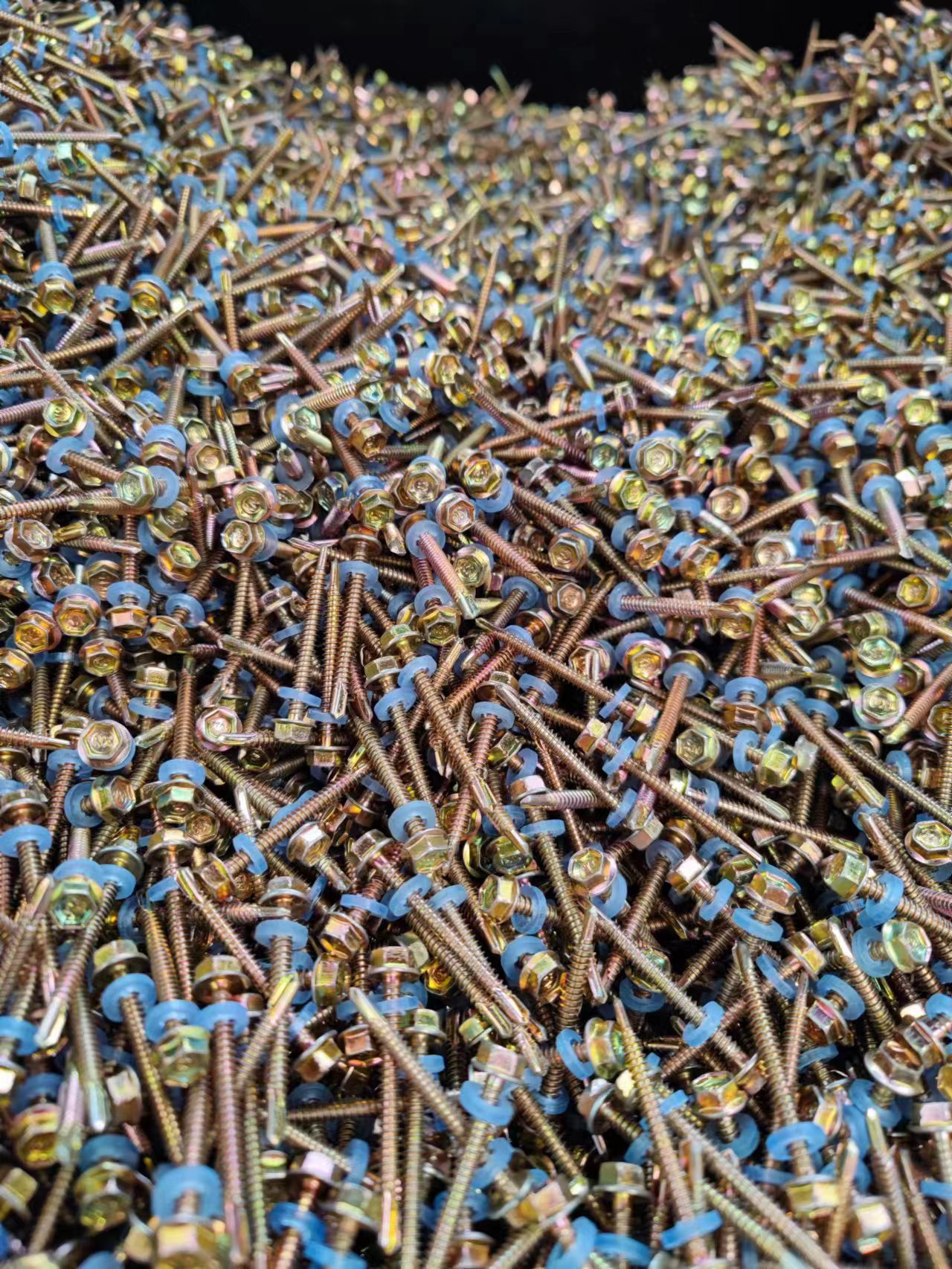lock nut vs lock washer manufacturers
Lock Nuts vs. Lock Washers A Comprehensive Guide for Manufacturers
In the realm of fasteners, lock nuts and lock washers are integral components designed to enhance the reliability and safety of mechanical assemblies. For manufacturers, understanding the distinctions, applications, and advantages of these two fastening solutions is essential for ensuring product quality and performance.
Lock Nuts The Heavyweights in Security
Lock nuts are specially designed nuts that are used to prevent loosening when under vibration or torque. These nuts can be categorized into various types, including nylon insert lock nuts, all-metal lock nuts, and serrated flange nuts.
1. Nylon Insert Lock Nuts These are standard hex nuts with a nylon collar that acts as a locking mechanism. They provide additional friction, which effectively prevents the nut from turning loose. The nylon insert absorbs vibration and helps maintain torque.
2. All-Metal Lock Nuts These nuts feature a distorted thread design, which creates friction against the bolt threads, providing a secure fit. They are suitable for high-temperature applications where nylon components may fail.
3. Serrated Flange Nuts These nuts have a built-in washer with serrated edges that dig into the surface of the material when tightened. This design improves grip and helps to prevent loosening.
Lock nuts are particularly favored in applications involving heavy machinery and automotive parts, where safety and reliability are paramount. The increased strength and resistance to loosening make them an ideal choice for high-stress environments.
Lock Washers The Supportive Allies
Lock washers are thin, ring-shaped devices placed under a nut or bolt head to provide extra tension. They function by creating a spring tension that keeps the nut tight against the base material despite vibrations, shocks, or thermal expansion differences. The primary types include split lock washers, tooth lock washers, and flat lock washers.
1. Split Lock Washers These are perhaps the most common type. They have a split along the outer edge, creating a spring effect when compressed. This design helps maintain torque by preventing the bolt or nut from loosening.
lock nut vs lock washer manufacturers

2. Tooth Lock Washers These washers have teeth that bite into the nut and the underlying material, providing a stronger grip. They are excellent in applications where high vibration is expected, such as in automotive and aerospace industries.
3. Flat Lock Washers Though not as commonly used for locking purposes, flat washers can redistribute the load across the surface area and are sometimes combined with other locking mechanisms for enhanced effectiveness.
Lock washers are widely utilized in various industries, from construction to electronics, providing reliable performances in vibrant environments.
Choosing Between Lock Nuts and Lock Washers
When deciding whether to use lock nuts or lock washers, manufacturers must consider several factors
- Application Type For applications requiring strong resistance to loosening caused by vibration, lock nuts may be more suitable. Conversely, if the application has limited space or requires flexibility, lock washers might be the better choice.
- Material Compatibility The material of both the fastener and the substrate is crucial. High-temperature applications may necessitate all-metal lock nuts, while softer materials might benefit from the gentler grip of a lock washer.
- Cost Considerations In some scenarios, lock washers may be less expensive than lock nuts, especially for lower-stress applications. It's important to balance the budget with the desired security level.
Conclusion
In conclusion, both lock nuts and lock washers play vital roles in fastening and securing machinery components. Each has its strengths and ideal applications, and manufacturers must take into account the specific requirements of their projects. By fully understanding the differences and applications of lock nuts and lock washers, manufacturers can make informed decisions that result in safer, more reliable products. Whether it's in automotive construction, heavy machinery, or any mechanical assembly, selecting the appropriate locking mechanism can significantly impact functionality and durability.
-
Top Choices for Plasterboard FixingNewsDec.26,2024
-
The Versatility of Specialty WashersNewsDec.26,2024
-
Secure Your ProjectsNewsDec.26,2024
-
Essential Screws for Chipboard Flooring ProjectsNewsDec.26,2024
-
Choosing the Right Drywall ScrewsNewsDec.26,2024
-
Black Phosphate Screws for Superior PerformanceNewsDec.26,2024
-
The Versatile Choice of Nylon Flat Washers for Your NeedsNewsDec.18,2024










